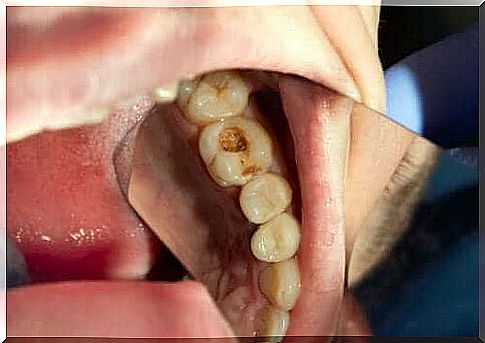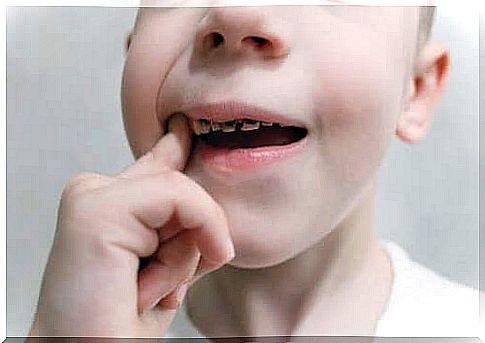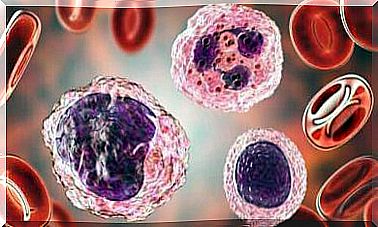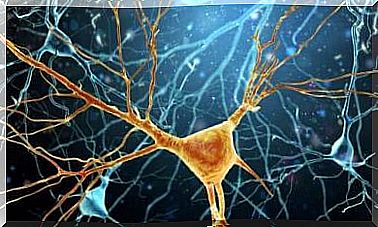Tooth Decay: What Causes Cavities In Teeth?

Cavities in the teeth are essentially tooth decay. Many different factors can contribute to the development of tooth decay. However, it is usually related to diet, bacteria and saliva components.
Cavities in the teeth first damage the tooth enamel, the superficial layer of the tooth. Then they gradually progress until they reach the pulp, the inner part of the tooth.

Why does tooth decay occur?
The presence of bacteria is not the only thing that leads to tooth decay. There are also other risk factors:
- Low pH in your mouth due to consumption of carbonated drinks, acidic foods, and so on.
- A diet that contains a lot of sugar and sticky foods.
- Poor oral hygiene.
- Low saliva production.
- Teeth that are very close together, which makes cleaning difficult.
- Abnormalities of the enamel, such as hypoplasia (thin and damaged tooth enamel).
- Gum diseases.

Cavities in the teeth start as white spots with a chalky texture that appear on the teeth as a result of the thinning and weakening of the enamel. If minerals continue to be lost, the condition will deteriorate and a dark, blackish-yellowish cavity will appear.
As the cavity gets worse, the tooth decay can even cause the tooth to split. Once decay reaches the dentin, the tooth becomes very sensitive to cold, heat and sweet foods. When this is the case, it’s time to get a dental filling.

If you don’t treat it in time, the tooth decay will continue to progress. Once it reaches the pulp of the tooth, the pain will be intense. Unfortunately, it is possible for an infection or tooth abscess to form at the root of the tooth. When tooth decay reaches this stage, the only treatment option is a root canal.
How do you prevent cavities in the teeth?
The easiest ways to prevent cavities in the teeth are:
Good oral hygiene that eliminates plaque and helps prevent cavities in the teeth
Getting into the habit of brushing your teeth at least twice a day is the most effective way to prevent tooth decay. An automatic brush removes plaque and food particles that build up on the teeth, serving as a breeding ground for bad bacteria.

A dentist can teach you how to brush properly and also recommend a toothbrush and toothpaste that are appropriate for each patient’s individual needs.
Use toothpaste and mouthwash with fluoride
It is very important to use mouthwash and toothpaste with fluoride. This helps your teeth to regain the lost minerals. This will help strengthen your enamel.
Mouthwash and toothpaste also help teeth become more resistant to the bacteria that attack the minerals on your enamel. In addition to brushing and flossing your teeth more often, you can also take the following additional measures to prevent cavities in the teeth:
- Change your diet. Consume less sugar and less sugary foods.
- Visit the dentist at least twice a year.
- Use sealants for the molars in children .
If you think you may have a cavity, we highly recommend going to the dentist to fix the problem and prevent it from getting worse.
Keep in mind that the preventive measures listed here should never replace traditional brushing. Brushing, flossing and using fluoride mouthwash are essential habits to prevent tooth decay.









